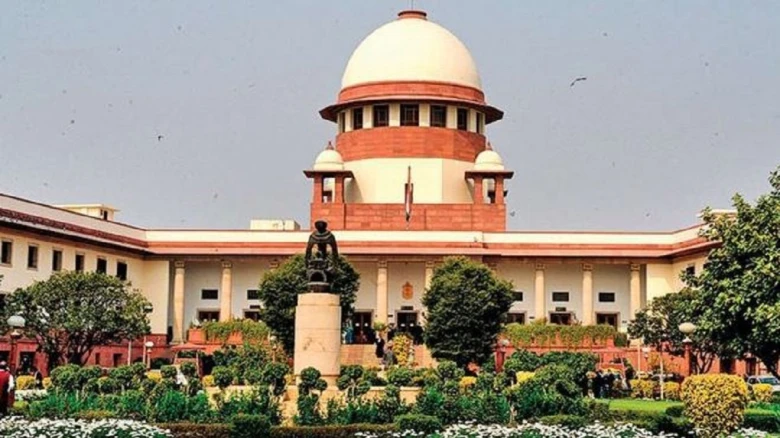Previously, the Supreme Court refused to postpone the functioning of the CAA until it received a proper...
Digital Desk: The Citizenship Amendment Act (CAA) is one of the most contentious bills introduced in the Indian Parliament, with the bulk of the opposition opposing the bill, which aims to extend citizenship to specific categories of Indian residents.
The Supreme Court is set to hear over 200 petitions today contesting the validity of the Citizenship Amendment Act (CAA), which was enacted by the Indian Constitution in 2019 and was highly condemned by a major segment of the Muslim community.
On October 31, a bench comprised of Chief Justice Uday Umesh Lalit, Justices S Ravindra Bhat and Bela M Trivedi will hear 232 petitions. The Indian Union Muslim League has filed the petition (IUML).
Previously, the Supreme Court refused to postpone the functioning of the CAA until it received a proper response from the Centre. The IUML petitioners have challenged the constitutional validity of the CAA, claiming that it can be used to violate the rights of numerous Indian people.
Prior to the hearing, the Centre urged the Supreme Court to reject appeals that questioned the legality of the CAA, emphasising that the law did not support "illegal immigration" in Assam or any additional influx of foreigners into the nation.
Many people have opposed CAA, claiming that it can be used to discriminate against a certain faith or group of people in society. Protesters and petitioners have also claimed that the CAA can be used expressly by the government to remove Muslims from society.
In their appeal, the IUML alleged that CAA had broken the fundamental Right to Equality and intended to provide citizenship to a group of illegal immigrants by making an exclusion based on religion, according to PTI.
The Centre justified the controversial bill, claiming that it is a "targeted law" that confers citizenship only to members of six defined communities who arrived on or before December 31, 2014, and that it has no impact on any Indian's legal, political, or secular rights.

Leave A Comment